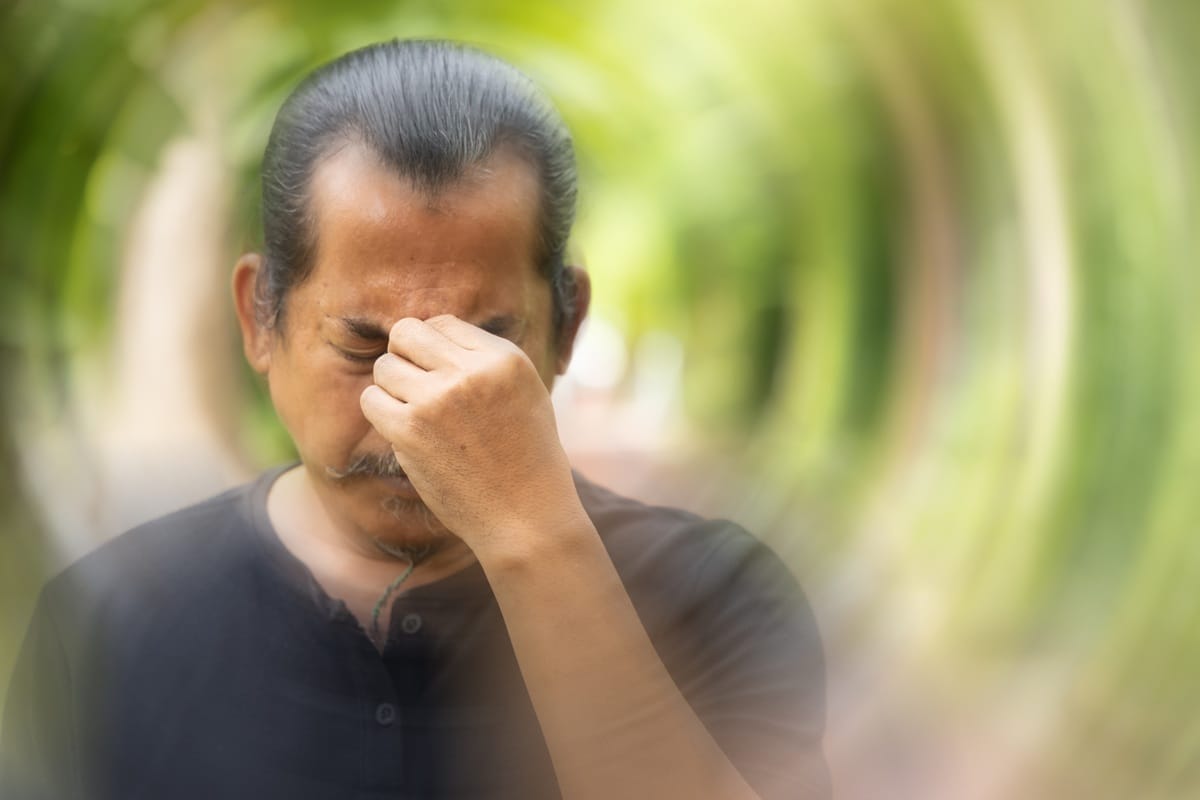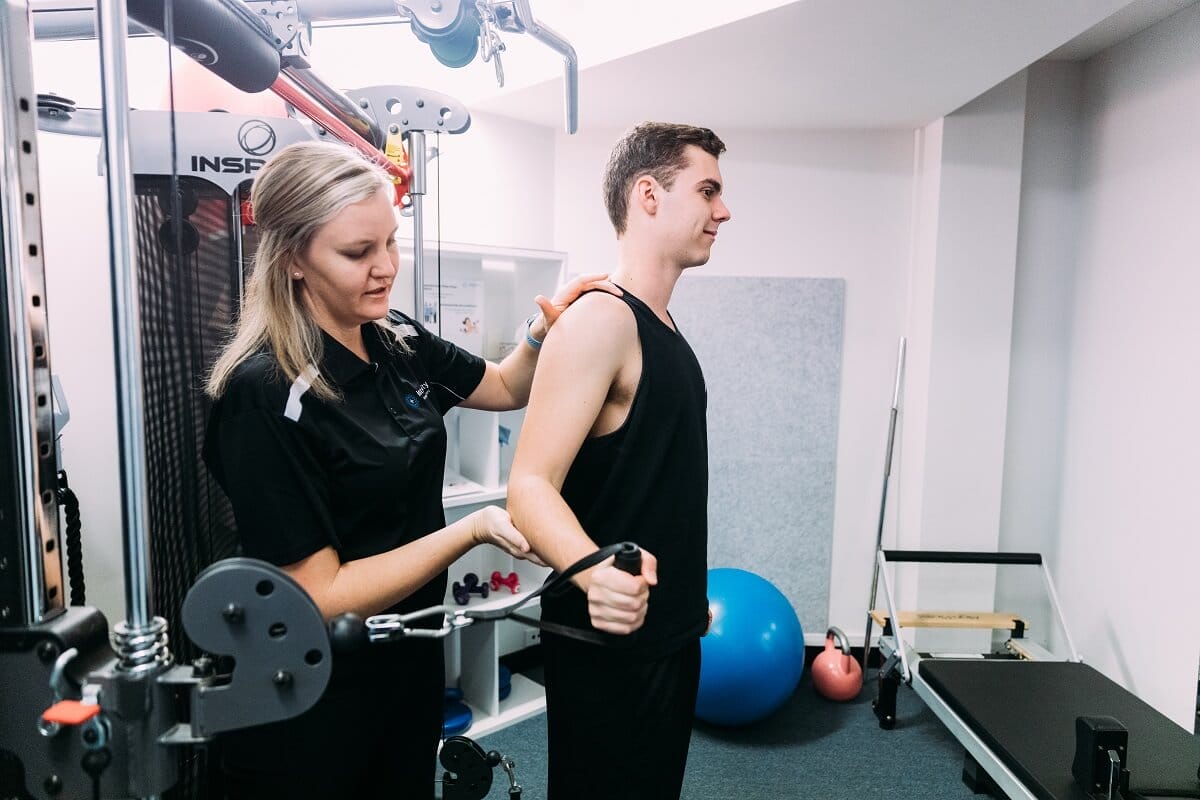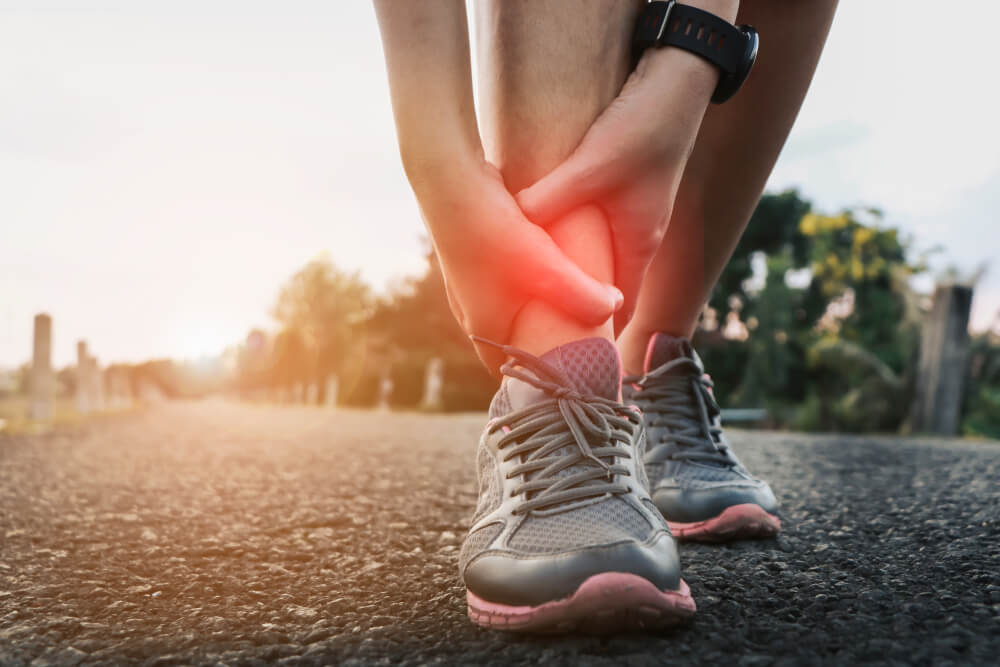
The term ‘sports injury’ generally includes any injuries that result from exercise or sporting activities. There are many potential causes for sporting injuries, from accidents in contact sports to poor training practices, muscle fatigue, not being in shape, and insufficient warm-up, to name a few.
When it comes to recovering from athletic injuries, many people consider only the physical side – the physical therapy or rehabilitation needed to recover and keep from further injury. However, there is a huge mental component to sport injuries, and this should not be overlooked.
Athletic injuries can be mentally and physically challenging, but there are some things you can do to heal from your injury, minimise further harm, avoid injury in the future and recover mentally from the emotional strain of an injury. Here are just a few tips for how to deal with sports injuries.
Common Sports Injuries

Though you may require the professional advice of a physiotherapist or doctor to determine which injury you have, these are some of the most common injuries athletes may experience:
- Ankle sprains
- Knee injury or knee pain, such as an ACL injury or ACL tear (anterior cruciate ligament at the back of the knee)
- Stress fractures
- Tennis elbow
- Shin splints
- Soft tissue injuries
- Joint injuries
- Overuse injuries (such as repetitive stress injuries or RSI)
Physical Recovery
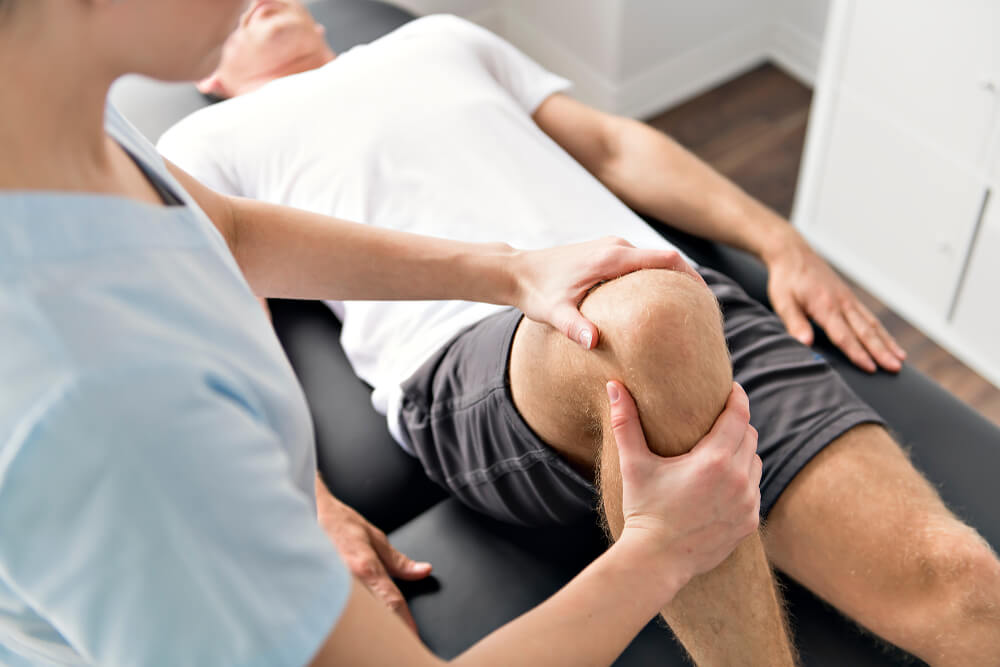
Minor short term injuries, chronic injuries and long term injuries all require a period of recovery in order to properly overcome the injury and avoid re-injuring yourself. It’s important to take responsibility for your recovery, which will help aid the process for a more positive outcome.
While a sporting injury is undoubtedly frustrating, rather than focusing on your decreased performance, focus on accepting your injury and taking the required steps to recover. Don’t try to push yourself to perform at your pre-injury level – this will only further exacerbate your injury, and prolong the recovery time.
It’s important to get medical advice if your injury is severe, doesn’t start to heal on its own, or simply to identify the cause of pain so you can recover appropriately. Committing to your treatment plan will help you overcome your injury quicker, so make sure you follow the advice of your physiotherapist, doctor or athletic trainer and commit to your physical therapy.
If possible, keep active during your recovery. Depending on the type of injury you have sustained, you may be able to modify your training in order to maintain your fitness during recovery. Follow the advice of your physio or doctor, and focus on maintaining cardiovascular health and strength which will aid you in your return to your training as you heal from your injury.
Mental Recovery
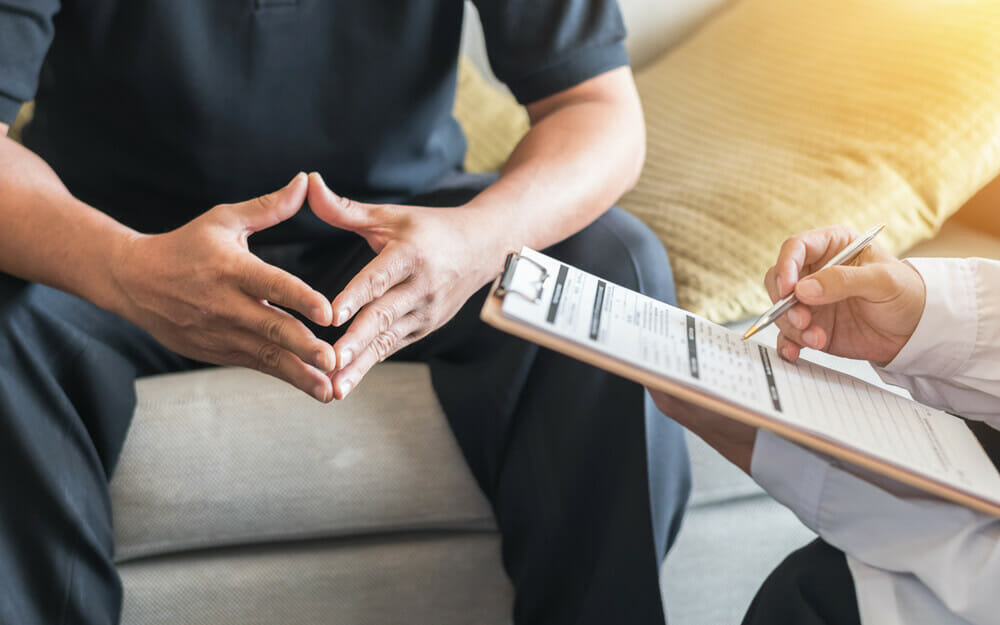
Maintaining a positive attitude will help you on your road to recovery – but we understand it’s not always as simple as just ‘thinking positively.’ Sports injuries can lead to mental strains such as:
- Loss of identity: Especially if the sport is a large part of your life. It can be difficult to feel like this part of your identity has been removed or challenged.
- Depression, anger or frustration: Having to give up your training, however temporary, can be incredibly frustrating, and you may experience bouts of anger or sadness. The prospect of a potentially long road to recovery or the possibility of never reaching pre-injury performance again can lead to depression in some athletes.
- A hit to your self-esteem: Some athletes are used to the feeling or self-satisfaction and recognition of accomplishment from their team, friends and family – and it can feel challenging when this is taken away. It may feel as if your self-esteem is under fire.
- Anxiety or fear or re-injury: After recovering from your injury, you may find it challenging to find the confidence you once felt, instead of living in fear of re-injury. This can affect your ability to reach your full potential or get back to pre-injury performance. In the event of an injury, don’t underestimate the power of emotional support. The support of your family, friends and teammates can be very important in helping you come to terms with your injury – especially long term injuries. The encouragement and support of your physio, coach and others can be vital in helping you maintain a positive attitude and overcoming the mental challenges of a sporting injury.
Set achievable goals during your recovery process. This will allow you to have a mental shift from seeing your injury as a crisis, to seeing it as another training challenge you can overcome. By achieving small goals, you will feel a sense of accomplishment and be able to see the improvements in your physical therapy journey. This will further motivate you, a great tool to boost your mental state. Your physio will be able to help you set achievable goals that are in line with your physical therapy.
As mentioned above, maintaining fitness levels while injured by making alterations to your training regime is a great tool to use during recovery. This will have a positive impact on your mental health, and you don’t have to feel like you have completely given up the training you love. If you can’t do an altered form of your regular exercises due to your injury, it’s a good time to learn new skills which will keep you fit and mentally motivated during your recovery.
Injury Prevention

As with anything, prevention is better than a cure. You should actively work to avoid sporting injuries during your training – not just in the period when recovering from an injury, but always. Here are some risk factors that can lead to injury that you should be mindful of:
- Muscle tightness: Tight muscles are more vulnerable to strain, so it’s vital that you incorporate a stretching regime into your training plan.
- Don’t skip the warm-up: A proper warm-up and cool-down prior to starting exercise and upon finishing are so important in reducing muscle fatigue and injury.
- Pushing yourself too far: Weak muscle groups unused to the strain of exercise are more prone to injury. Listen to your body, and build up your fitness slowly. While a challenge can be a good thing, don’t push yourself to the point of injury.
- Incorrect form or exercise practices: Make sure you fully understand any exercise you are using, and can confidently perform them correctly. Work with your physio or athletic trainer to minimise the risk of injury from incorrect form.
- Muscle imbalance: This can occur if some of the muscle groups are much stronger or weaker than others. This imbalance can lead to a strain.
Sports injuries can be tricky to overcome – both mentally and physically. Remember to be kind to yourself, and don’t push it – this will only prolong your recovery process. Seek the support of your family and friends to help you with your mental recovery, and the professional support of a physiotherapist for your physical recovery.
Reach out to our friendly and highly qualified team of sports physios in Como to see how Integrity Physio can help you recover from sporting injuries – so that you can get back to doing what you love.


